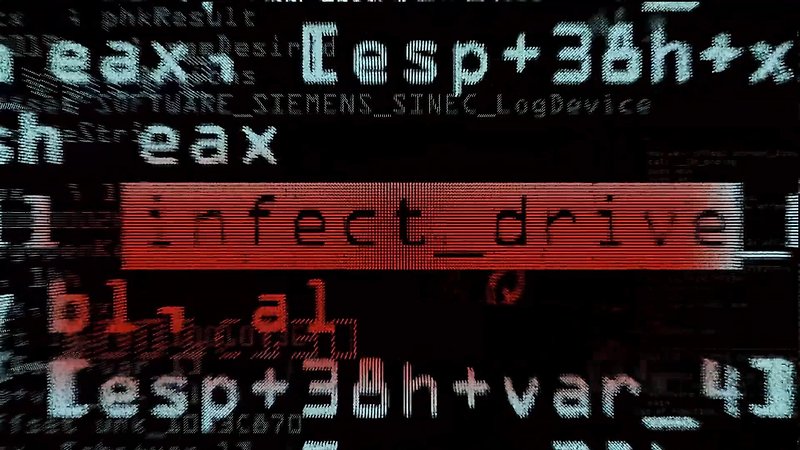Backed by insider analysis of the Stuxnet sabotage of Iran’s nuclear centrifuges, Alex Gibney’s gripping new documentary argues that the architects of cyberwarfare have been both brilliant and insanely reckless.

[A] white-knuckle nonfiction thriller... Clear, urgent and positively terrifying at times.
Screened as part of NZIFF 2016
Zero Days 2016
Investigative journalism meets conspiracy thriller as Alex Gibney (Going Clear, NZIFF15) goes on the trail of Stuxnet, the extraordinary computer virus that metastasised around the world before it arrived at its target, Iranian nuclear facilities, and performing its mission: exploding uranium-enrichment centrifuges.
Undeterred by muzzled officials, the indomitable Gibney shows how Stuxnet – or ‘Olympic Games’, as its architects called it – was cooked up covertly by the US and Israel, creating a new level of virus complexity and a new class of weapon. One of Gibney’s sources, dramatised as a composite individual and played by a digitally reconstituted actor (one of many striking visual effects), says the worm may never have come to public attention had it not been for a unilateral Israeli move to recalibrate Stuxnet’s code and accelerate its impact. A wider operation had to be abandoned, and Tehran retaliated in kind, attacking US institutions with malware and parading its own burgeoning ‘cyber army’.
Gibney manages not only to illuminate in plain terms how Stuxnet worked, but to also issue a powerful warning about the Pandora’s box it opens. Echoing ideas explored in his WikiLeaks documentary We Steal Secrets, Gibney argues that in the face of an emerging cyber-conflict threat, which is analogous to that of nuclear weapons many decades ago, international norms and rules of engagement must be developed outside the shadows of secrecy and denial. — Toby Manhire
“Zero Days is reminiscent of that scene in Skyfall when Q tells 007 that he can do more damage with his laptop before his morning cup of Earl Grey than Bond can do in a year.” — Nicholas Barber, BBC